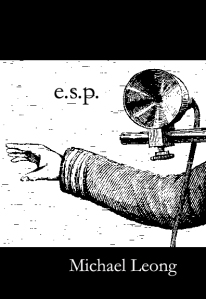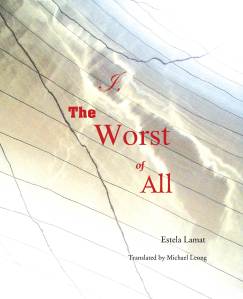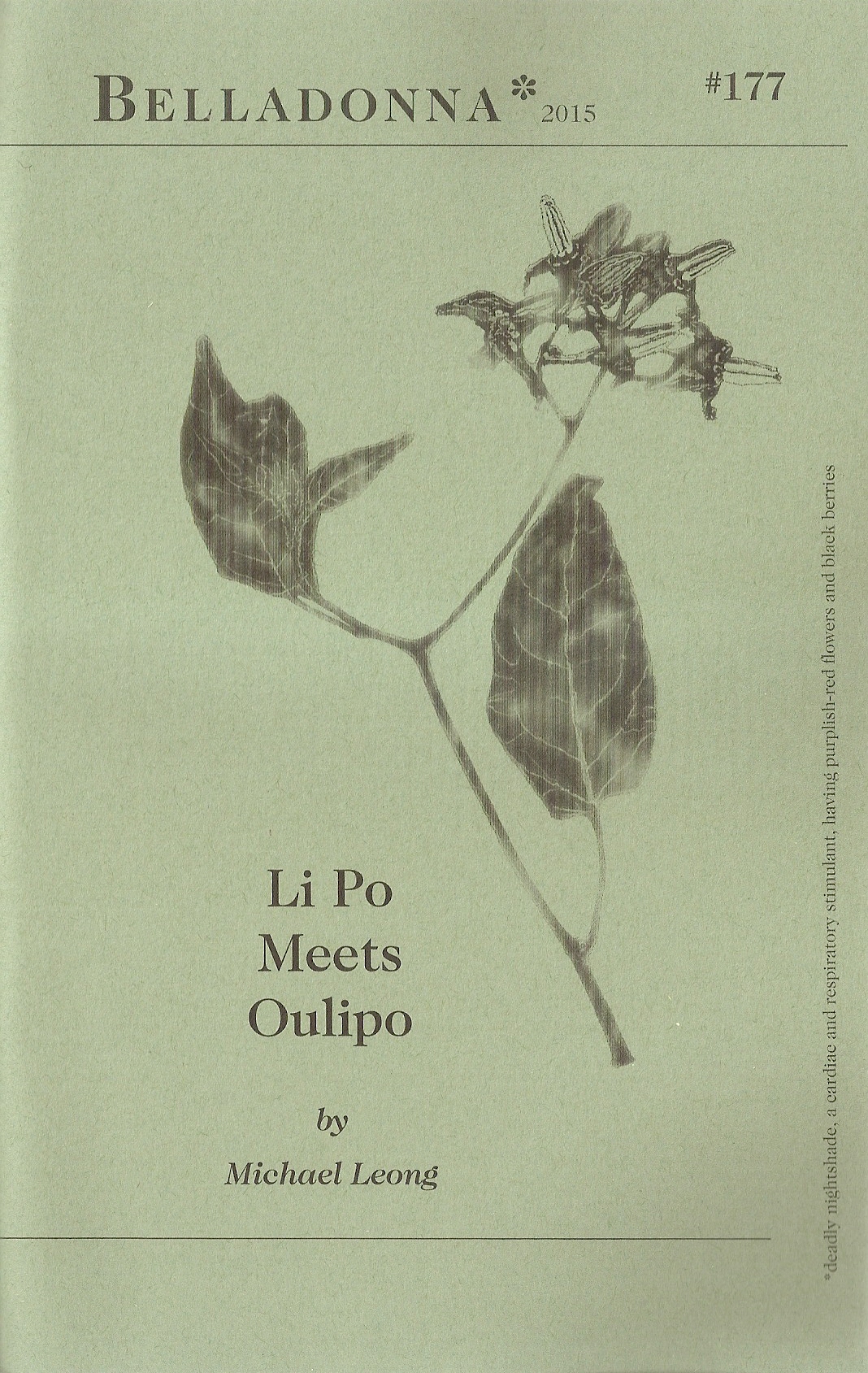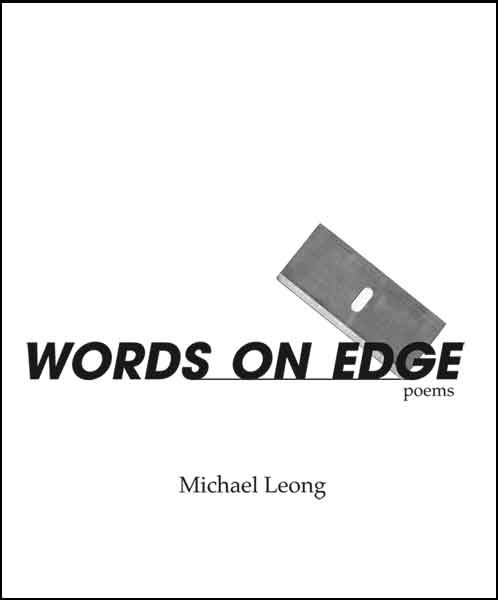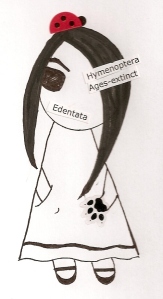The Enpipe Line (Creekstone Press, 2012) Launch
Description: 178 pages, 9X6 inches, perfect bound
ISBN: 978-0-9783195-6-4
Price: $18
The Enpipe Line goes dream vs. dream with Enbridge’s proposed Northern Gateway Pipelines. If built, these 1,170 kilometre pipelines will carry tars sands oil and its poisonous by-products across more than 700 streams and rivers between Alberta and the BC port of Kitimat. In Kitimat, crude oil would be pumped into supertankers for export, threatening the fragile coastal ecosystem with a major spill. Originally conceived as a 1,170 kilometre-long collaborative line of poetry to match the length of the proposed pipelines, The Enpipe Line has grown to over 70,000 kilometres. Its community of poets comes from all ages and walks of life: woodworkers, painters, environmental campaigners, single parents, professors, children. This book, like the pipeline it opposes, outlines a dream. But, unlike Enbridge’s proposal, The Enpipe Line represents the shared desire of living community: that the Northern Gateway Pipelines proposal never see the light of day.
The Enpipe Line anthology, edited by Christine Leclerc, will launch on March 23rd in Coast Salish Territory and on March 26th in Prince George, B.C.
Vancouver / Coast Salish Territory launch
When: March 23, 2012
Where: 505 Burrard Street (in front of Enbridge’s Northern Gateway Pipelines office), with a reception at Artspeak, 233 Carrall
Prince George launch
When: March 26, 2012
Where: 1685 3rd Avenue (ArtSpace above Books and Company)
In the meantime, a PDF of the anthology is available for viewing and downloading until March 22nd.
My contribution to the anthology is a poem based on words from Volume 1 of the regulatory application that the Enbridge Northern Gateway Project submitted to the National Energy Board in May 2010. This is from my process note that is included in the anthology:
Since the document is extremely lengthy (almost 300 pages), I wanted to employ a conceptual scalpel to cut through some of this material. Reading through some of the executive summaries, I was struck with the extreme reoccurrence of the following phrase: “not significant.” It occurs almost fifty times in the document. As in: “Consequently, residual environmental effects are not significant.” As can be expected, the phrase frequently occurs with passive constructions to simulate the surety of scientific objectivity: “With mitigation, project effects on human health are expected to be not significant.” Sometimes it occurs boldly in the language of prediction: “The environmental effects of the Project on freshwater fish and fish habitat productive capacity will be not significant.” Thus, I limited myself to using the words only found in sentences that contained this very phrase. In the belief that poetry is a privileged domain that can usher forth and adumbrate a whole range of significances, I thought I could pressure the language of these sentences to say something else, to speak for that which has been deemed “not significant.”
And here is a continuation of the procedural project that appropriates language from Volume 3.
Thanks to Christine for putting this project together and thanks to all the contributors.








